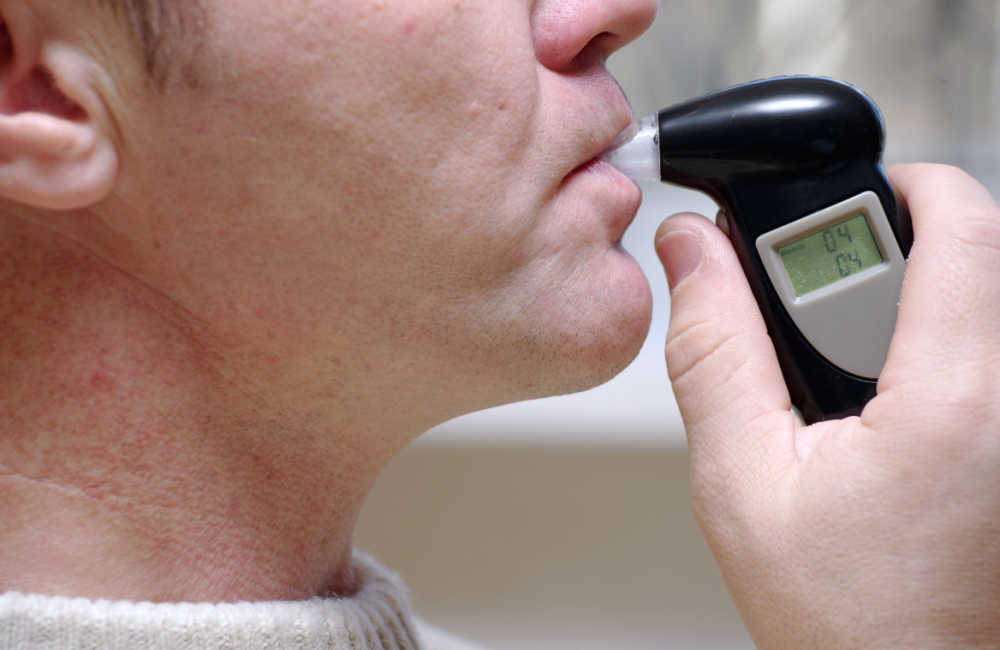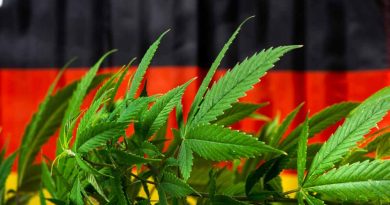Breath Test Not Accurate for Cannabis, Study Finds
The development of a reliable breathalyzer-like device for detecting cannabis use has been a topic of ongoing research and debate. However, a recent study funded by the federal government sheds light on the difficulties faced in creating such a device.
It’s an ongoing problem that other researchers have also reported on.
The most recent study involved researchers at the National Institute of Standards and Technology (NIST) and the University of Colorado Boulder. The study reveals that THC levels in breath samples are too inconsistent to determine whether someone has recently smoked marijuana, even when using carefully collected samples and laboratory analysis.
“A lot more research is needed to show that a cannabis breathalyzer can produce useful results,” co-author Kavita Jeerage, a NIST materials research engineer, said in a statement. “A breathalyzer test can have a huge impact on a person’s life, so people should have confidence that the results are accurate.”
Inconsistent THC Levels in Breath Samples
A Department of Justice grant funded the study, as well as an additional grant of $1.5 million from the NIJ that is meant to fund continued research over the next three years. The next study will involve at least 40 participants providing more than a thousand breath samples. That should give the results more statistical heft.
However, the findings of the current study already strongly challenge the notion that detecting THC in breath as a standalone measurement could serve as a reliable indicator of recent cannabis use. THC, the psychoactive compound in marijuana, is the primary target for detection in breath samples.
However, the researchers discovered significant inconsistencies in THC levels, making it difficult to establish a clear correlation between breath THC levels and recent cannabis consumption.
The researchers collected carefully controlled breath samples from individuals who had consumed cannabis in different forms, such as smoking or vaping. They then performed meticulous laboratory analyses to measure the THC content in these samples. Despite the precise methodology, the study’s results consistently showed varying levels of THC in breath, even among individuals who had recently consumed cannabis.
Implications of the Study’s Findings
Researchers conducted all the analysis for the study in the lab, not in the field. Of the 14 participants in the study, eight showed the anticipated increase in THC, while none was detected at all with three people. The other participants showed THC levels post-cannabis use that were “similar to or lower than baseline extracts.” In other words, even after using cannabis, their breath showed they had less THC in their bloodstream than before.
Based on their findings, the authors of the study concluded that the detection of THC in breath alone cannot reliably indicate recent cannabis use. While breathalyzers are widely used for detecting alcohol impairment, this study highlights the challenges in replicating a similar device for cannabis due to the inconsistency of THC levels in breath samples.
The study is an important step in understanding the complexities involved in developing a reliable cannabis breathalyzer. It emphasizes the need for additional research to explore alternative methods and technologies for accurately measuring recent cannabis use.




